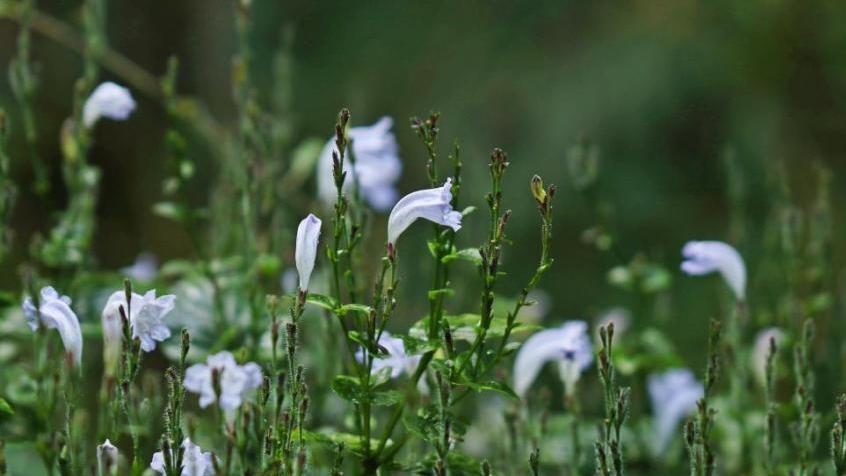500-year-old Chinese inscription unearthed in western Jerusalem
JERUSALEM, Dec. 3 (Xinhua) -- The earliest known Chinese inscription in the region, dating back about 500 years, was discovered in western Jerusalem, the Israel Antiquities Authority (IAA) said in a statement on Tuesday.
The rare inscription, found on a porcelain bowl fragment, was uncovered during archaeological excavations on Mount Zion in western Jerusalem, just outside the walls of the Old City, by the IAA and the German Protestant Institute of Archaeology.
The 16th-century inscription, the earliest archaeological evidence of a relationship between the region and China, reads, "Forever we will guard the eternal spring," as deciphered by Jingchao Chen, a researcher from the Hebrew University of Jerusalem.
Most of the findings uncovered at the site date back to the Byzantine period and even the Second Jewish Temple period, over 2,000 years ago.
Given this context, the excavators were surprised to discover an inscription from a later period with such an unexpected origin.
The researchers noted that the bowl originated from the Ming Imperial Dynasty, which ruled China from 1368 to 1644. They added that while Chinese porcelain vessels have previously been found in Israel, this is the first to bear an inscription.
Historical records suggest close 16th-century trade relations between the Chinese Empire and the Ottoman Empire, which then governed modern-day Israel.
Photos
Related Stories
- More than 90,000 Neolithic stone artifacts unearthed in northeast China
- Chinese researchers use CT scanning to trace origins of rice domestication
- Chinese researchers trace spirit distillation technology back to Western Han Dynasty
- Neolithic human settlement site discovered in north China
- 5,000-year-old royal tomb discovered in central China
Copyright © 2024 People's Daily Online. All Rights Reserved.









